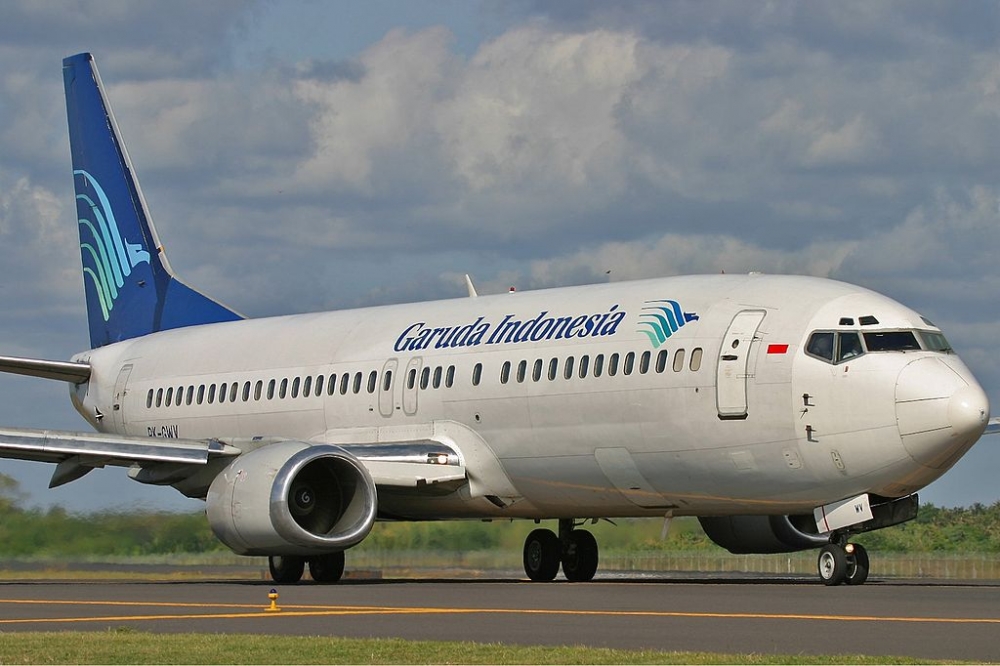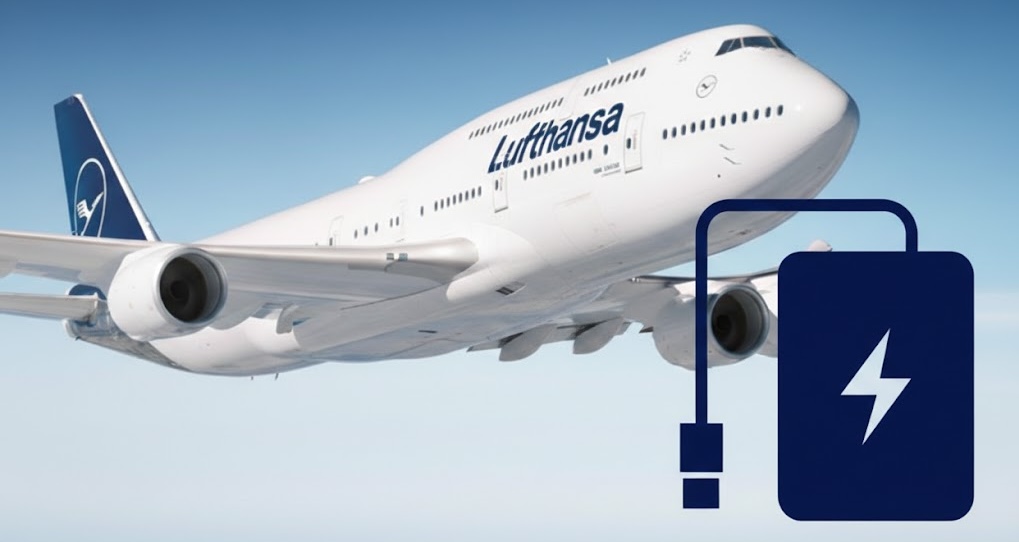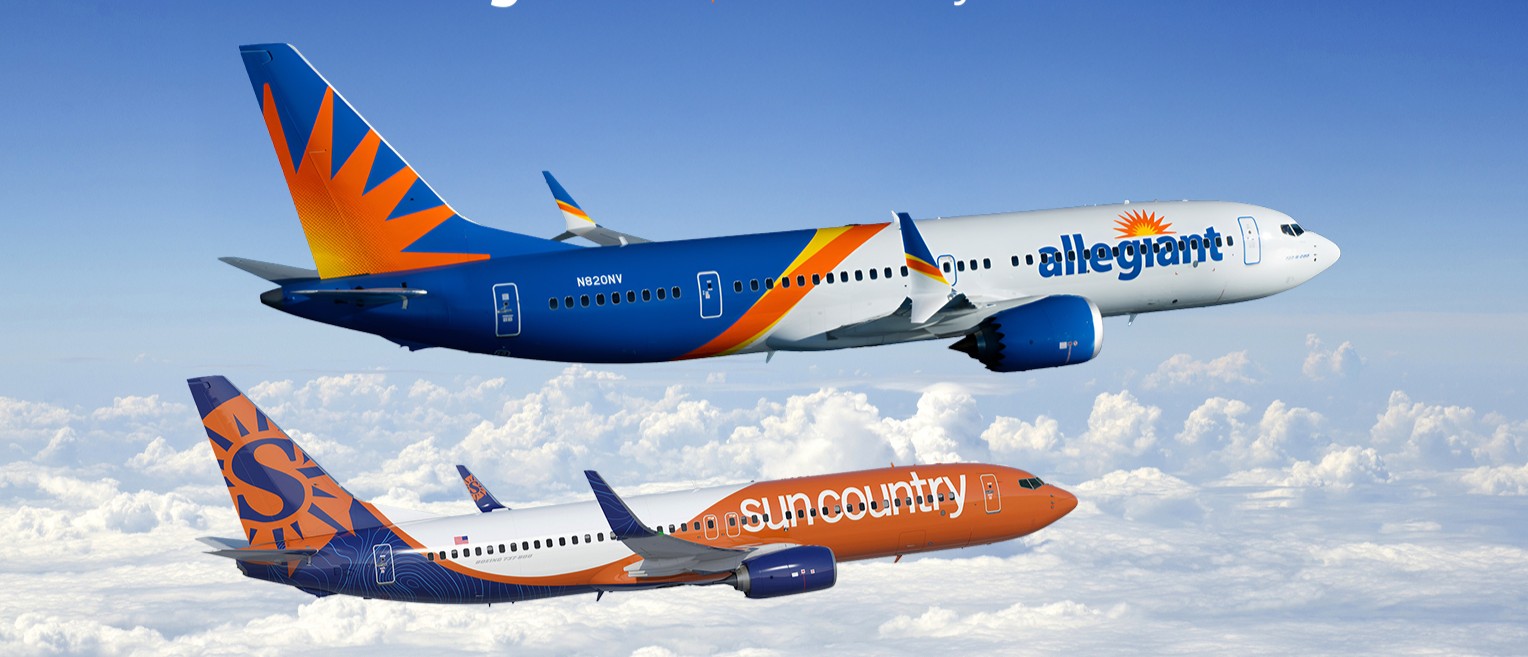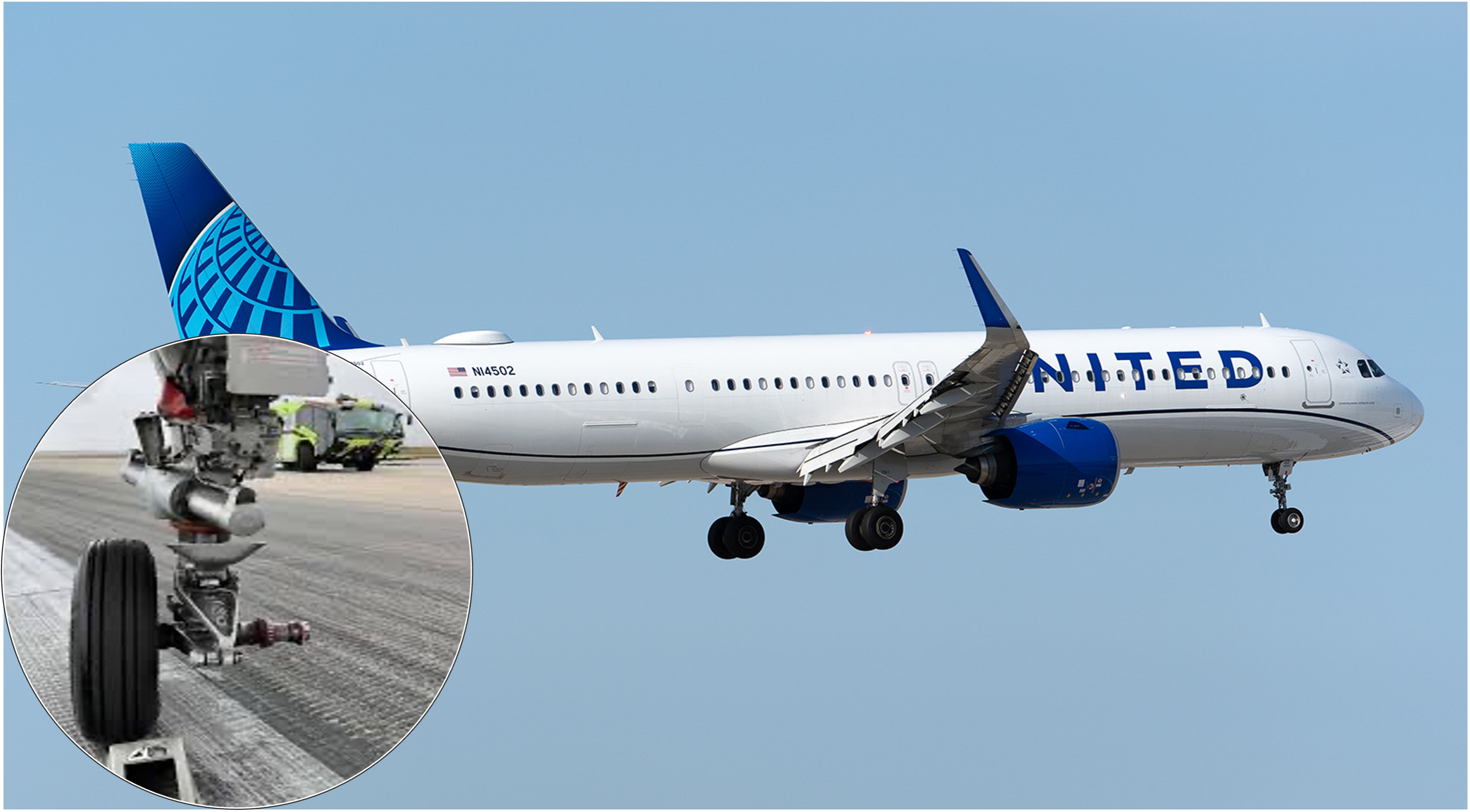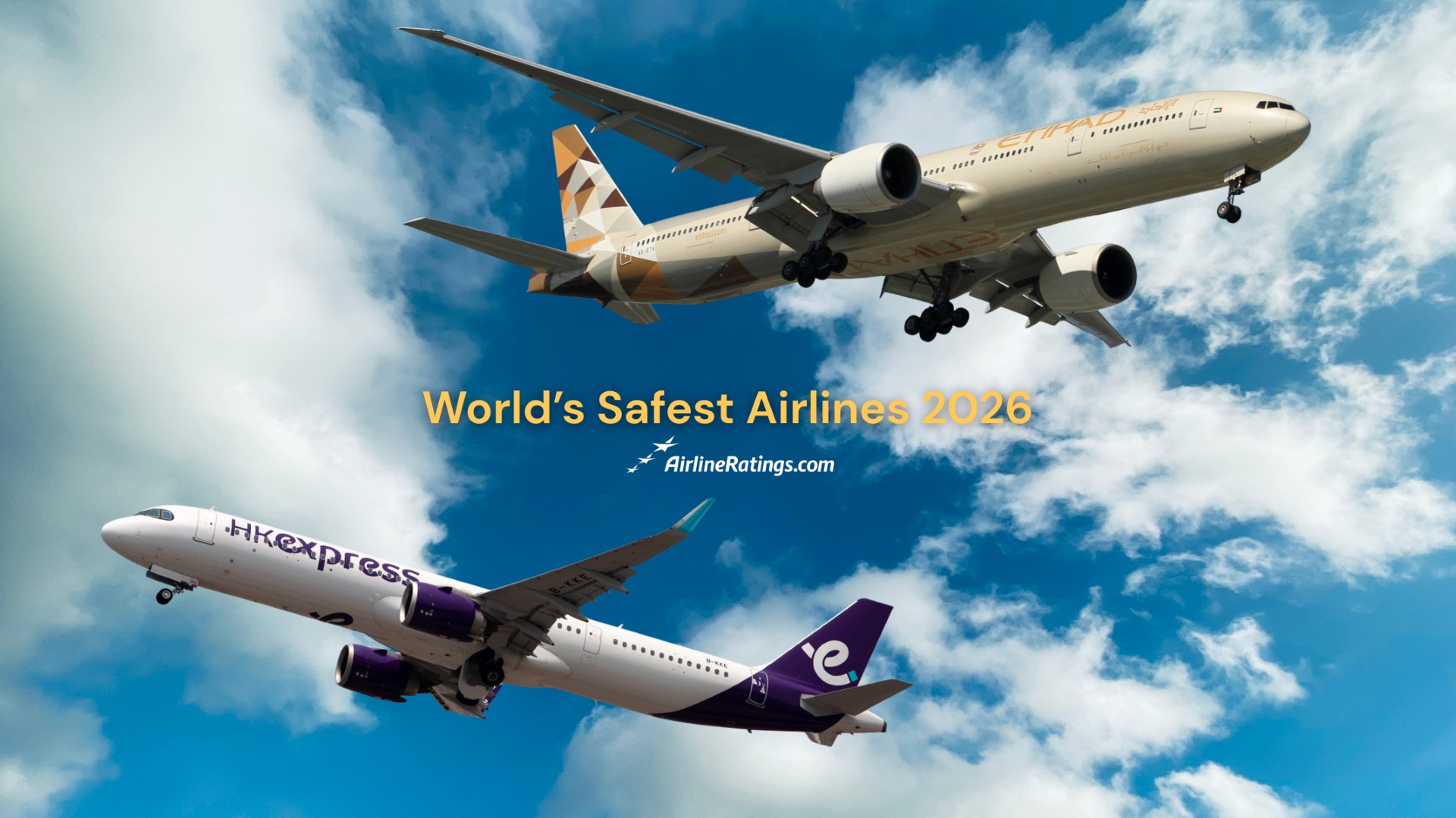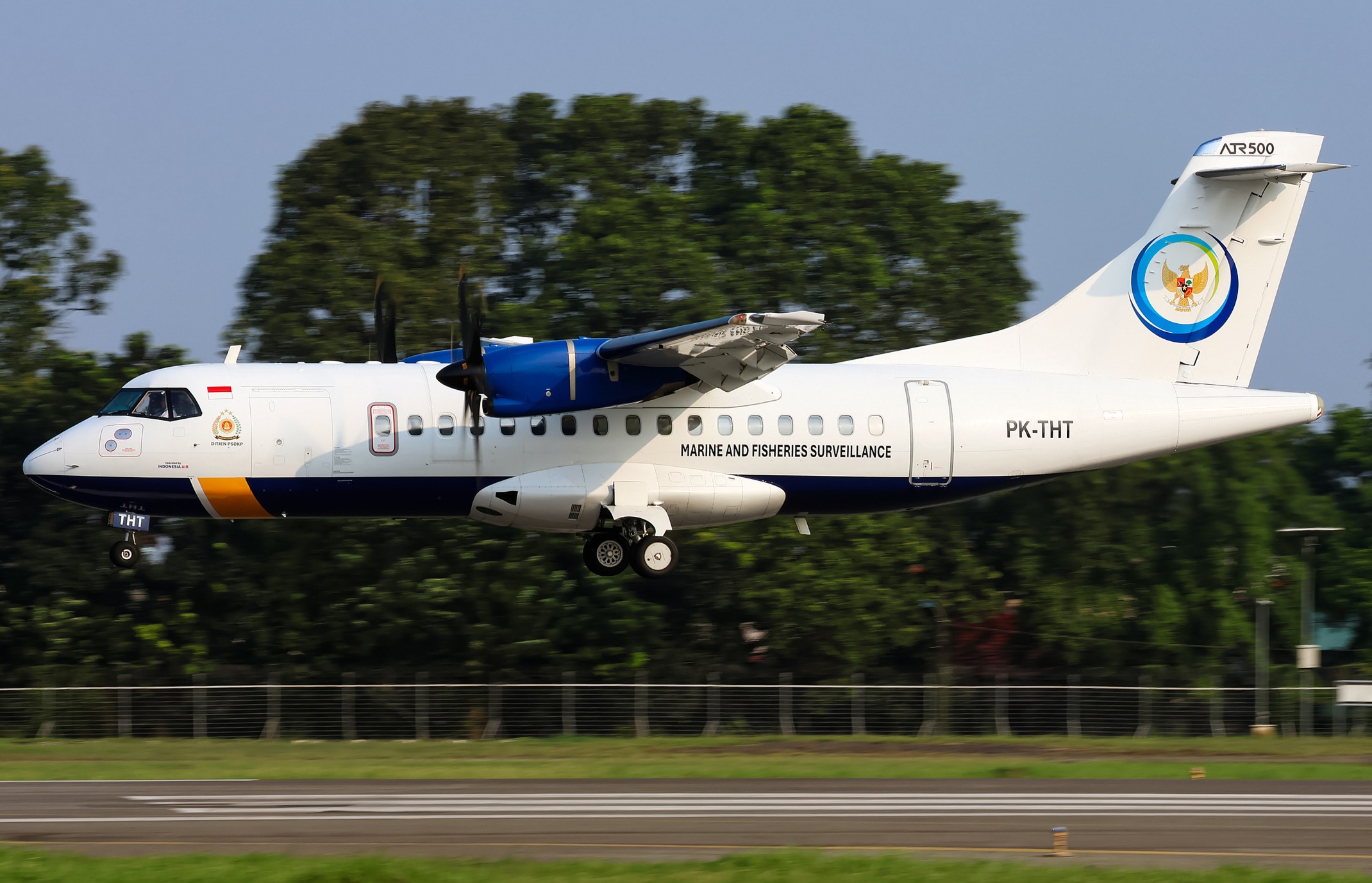Garuda Indonesia’s annual net profit plummeted almost 90 per cent in 2016 to $US8.01 million as it weathered increased price competition, global political uncertainty as well as struggling local and global economies.
The slump, from $US76.5m in 2015, mirrors a fall seen at Hong Kong’s Cathay Pacific and came as the airline boosted the number of passengers carried by more than two million to almost 35m.
its expansion plans — which it plans to carry forward into 2017 — saw an increase in fleet size to 196 aircraft and a 9.8 per cent boost in flight frequencies. The result was a reduction is the seat load factor from 77.2 per cent to 73.8 per cent.
Price competition saw passenger yield, a measure of average fares, drop from 7.46 US cents to 6.93 US cents.
The airline expects firming global and Indonesian growth to boost passenger traffic but sees airline price competition as one of its biggest continuing challenges.
“The competition will especially heat up in Southeast Asia market, in which Asia-Pacific airlines will continue to enhance production capacity in both short-haul and long-haul flights,’’ Garuda chief executive Arif Wibowo said in the company’s annual report. “Profit from the low fuel price will definitely diminish once the fuel price goes up again.’’
Factors Wobowo expects to help accelerate the growth of the airline business in Indonesia include an increased number of passengers, economic growth, population and a geography that favours aviation.
The Garuda boss said he expected capacity growth in 2017 to rise by 10 to 15 per cent with domestic compound annual growth of about 6.9 per cent focusing on capacity expansion in Eastern Indonesia and subsidiary Citilink.
“As for international flights, the Company will focus on markets with bigger potentials such as China and (the) Middle East,’’ Wobowo said, noting international growth in 2016-17 was expected to continue at a compound annual rate of 5.9 per cent.
“Based on regions, international market will see the highest growth particularly in China and Asian regions amid the suppressed global growth.’’
The airline would also work more closely with Citilink to “survive the price competition,'' Wibovo said.
Have questions or want to share your thoughts?
